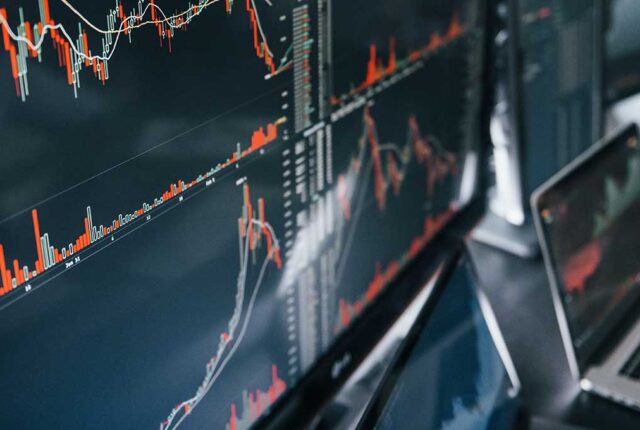
The Role of Technology in Modern Crude Oil Trading: Revolutionizing Efficiency
The crude oil trading industry, known for its complexity and volatility, has undergone a profound transformation in recent years, thanks to advancements in technology. From Artificial Intelligence (AI) to blockchain, these innovations have revolutionized the way crude oil is bought, sold, and managed, leading to increased efficiency and transparency. In this article, we’ll explore the pivotal role of technology in modern crude oil trading and its far-reaching implications.
1. Data Analytics and Artificial Intelligence (AI)
The integration of AI and data analytics tools has enabled traders to make data-driven decisions with unparalleled accuracy. AI algorithms can analyze vast amounts of historical and real-time data to predict market trends, identify potential trading opportunities, and manage risk more effectively. Machine learning models can adapt to changing market conditions, providing traders with a competitive edge.
2. Blockchain Technology
Blockchain, a decentralized digital ledger, has brought transparency and security to the crude oil trading process. It allows for the creation of tamper-proof records of transactions, ensuring the authenticity and traceability of each barrel of crude oil. This technology minimizes the risk of fraud and enhances trust between parties involved in the trading process.
3. Automation and Smart Contracts
Automation has streamlined many aspects of crude oil trading. Smart contracts, built on blockchain technology, automate the execution of agreements when predefined conditions are met. This reduces the need for intermediaries and minimizes the potential for errors, making transactions faster and more cost-efficient.
4. Real-time Monitoring and IoT Devices
The Internet of Things (IoT) has enabled real-time monitoring of oil production and transportation. IoT devices collect data on factors such as temperature, pressure, and flow rates, providing valuable insights into the condition and quality of crude oil. This data ensures timely response to any issues, minimizing losses and optimizing logistics.
5. Electronic Trading Platforms
Electronic trading platforms have made it easier for traders to access global crude oil markets. These platforms provide real-time market data, order execution capabilities, and risk management tools, allowing traders to make informed decisions and execute trades with efficiency and speed.
6. Risk Management and Analytics Software
Sophisticated risk management and analytics software have become indispensable for traders. These tools help quantify and manage various risks, including price fluctuations, geopolitical events, and supply chain disruptions. By using these technologies, traders can develop more resilient risk mitigation strategies.
In conclusion, technology has revolutionized the crude oil trading industry, making it more efficient, transparent, and accessible. AI, blockchain, automation, real-time monitoring, and electronic trading platforms have all contributed to a paradigm shift in how crude oil is traded and managed. Embracing these technological advancements is not just a choice but a necessity for traders looking to thrive in today’s competitive and rapidly evolving crude oil market.
Author
Mafuta MtaalamuRelated posts
Managing Risk in Crude Oil Trading: A Guide for Developing World Traders
Crude oil trading is a complex world, and for traders in developing countries, t
Carbon Credits in African Crude Oil Trading: A Sustainable Approach
In recent years, sustainability and environmental responsibility have taken cent
Crude Oil Trading Regulations in Kenya: Navigating Compliance for Trading Success
Kenya, a burgeoning player in the global crude oil market, has established a rob






Leave a Reply
You must be logged in to post a comment.